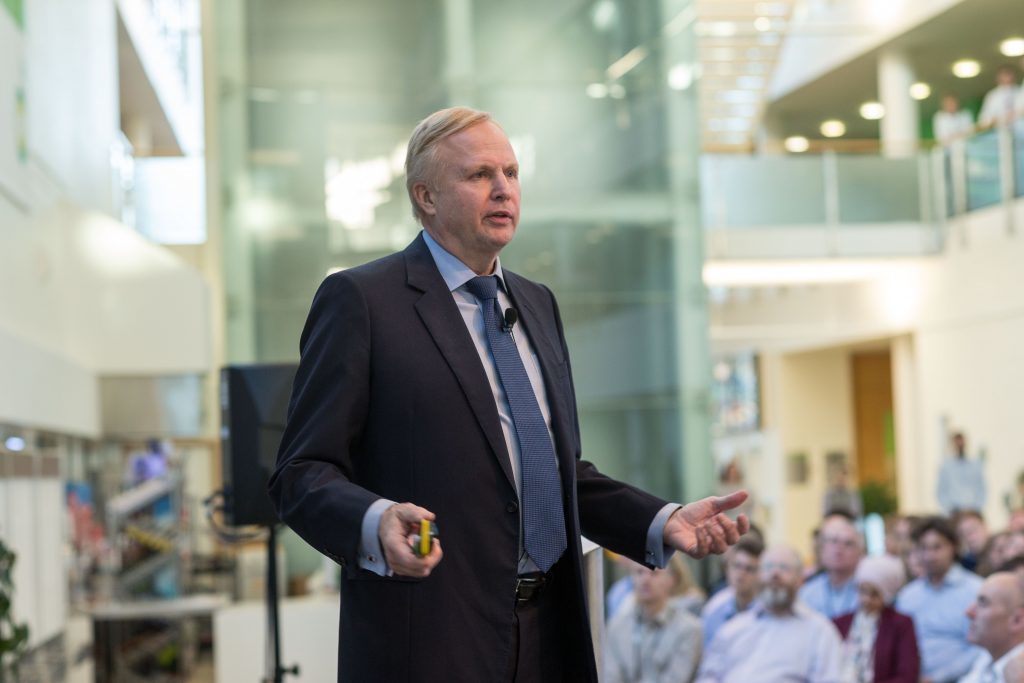
Lower oil prices offset an otherwise good performance for BP in the first half of the year, while major projects such as Culzean in the North Sea came online.
The energy giant has posted its results for the first half of 2019, with pre-tax profits of £6.5bn, down from £7.3bn at the same time last year.
BP’s preferred measurement of underlying replacement cost profit was £4.2bn (attributable to shareholders), compared to £4.4bn the year before.
The firm said the second quarter result “largely reflected good operating performance, offset by oil prices lower than in the second quarter of 2018”.
BP also saw the start-up of its fourth major project this year in the huge Culzean project in the Central North Sea.
Total operates the gas development, which should supply around 5% of the UK’s demand at its peak, while BP owns a 32% stake.
Overall production for BP was 3.8million barrels of oil equivalent per day in Q2, 4% higher than last year.
BP said lower oil prices were partly offset by the start-up of Culzean and projects in the Gulf of Mexico.
The firm is still making payments for the 2010 Deepwater Horizon incident in the region, making a £1.1bn payment in the quarter.
Aside from Culzean, BP pointed to other highlights in the North Sea such as the sanctioning of the Seagull project in the Central region and winning a new licence with 10 exploration blocks West of Shetland.
Going forward, the firm said third quarter production is expected to be lower than Q2 due to seasonal turnaround and maintenance activities in the North Sea, Angola and the US Gulf of Mexico, as well as the impact of Hurricane Barry on the latter region.
David Barclay, head of the Aberdeen office at investment management firm Brewin Dolphin, said the results are better than many analysts expected, but it is still a “mixed bag”.
He added: “Average production has increased 4% on a year earlier, but this was offset by lower average oil prices in the second quarter of 2019.
“Debt levels remain beyond BP’s target range, which will be a concern, but the growing low carbon arm of the business is a positive move and will no doubt play a larger role in the future.”
Recommended for you

